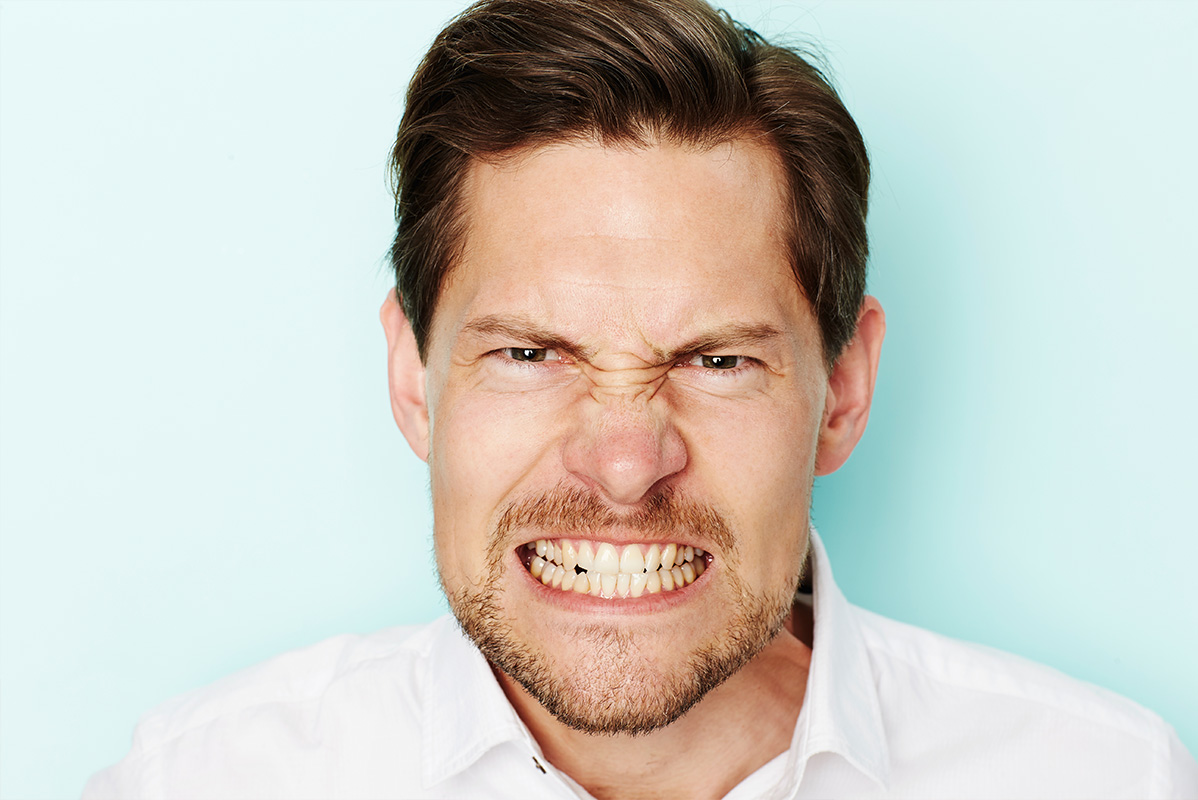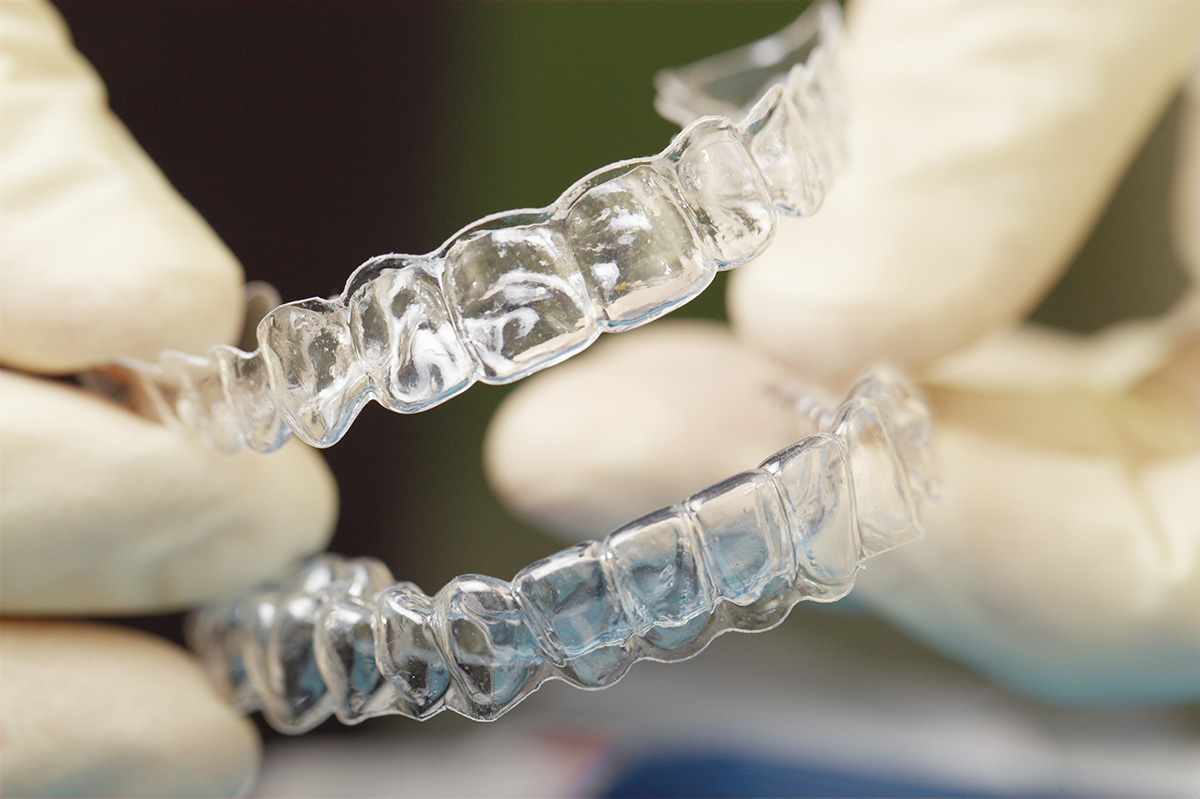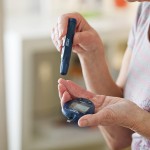What can I do to stop clenching my teeth in my sleep?
In order to stop any type of destructive or potentially harmful behavior, it’s important to understand the cause. Teeth clenching or grinding is known as Bruxism – and it most often is a result of stress. It might also be a side effect of certain medications, like some anti-depressants.
Consider what is happening in your life right now. Maybe you are going through a difficult time or working too hard and it is starting to affect your sleep. If you are stressed you can take action to reduce that stress, with yoga and calming routines before bed such as light stretching, massage, drinking a hot beverage or reading a book. If you aren’t getting enough hours of quality sleep (most people need 6 to 8 hours a night), speak to a medical professional about natural and medical methods of improving your sleep quality. Some people with restless leg syndrome (shaking their legs while asleep) have found success with magnesium. Taking a capsule of this natural muscle relaxant might also help to eliminate your teeth clenching.

If you are on medications, you might want to discuss side effects with your doctor, and the possibility of switching to another drug that doesn’t cause you to grind your teeth. Some anti-depressants can cause teeth grinding, while others can relieve it. It depends on the person. Again, you need to consult a medical professional about what is best for you.
For some people, the consumption of caffeine or alcohol can also lead to teeth grinding and clenching during sleep. If you wake up with a tension headache or sore jaw, or your sleep partner informs you that you were clenching your teeth during sleep, try making a note of what you ate or drank the night before. Maybe limiting the amount of coffee, cola or alcohol you consume will help you to get a good night’s sleep.
Grinding and clenching your teeth can wear down the enamel of your teeth but it can also lead to pain in the jaw, headaches, and even a condition called TMJ or TMD – Temporomandibular Joint Disorder. As with any health matter, the key is to stop the action and reverse the damage before it progresses to a serious level.
If making a concerted effort to reduce your stress level doesn’t stop you from grinding your teeth, there are medications you can have prescribed to you by your doctor. It’s important to ensure these drugs are safe to use with any other medications that you may be using, so discuss all of these details with a medical professional.

The final option, if stress reduction and the limiting of caffeine and alcohol fail – is to try a mouth guard. Some people who don’t want to take medications have found this method to be very successful. A specially fitted mouth guard that you wear while you sleep will make it impossible for you to clench and grind your teeth. Speak to your health care professional and decide which natural or medical method is right for you.





